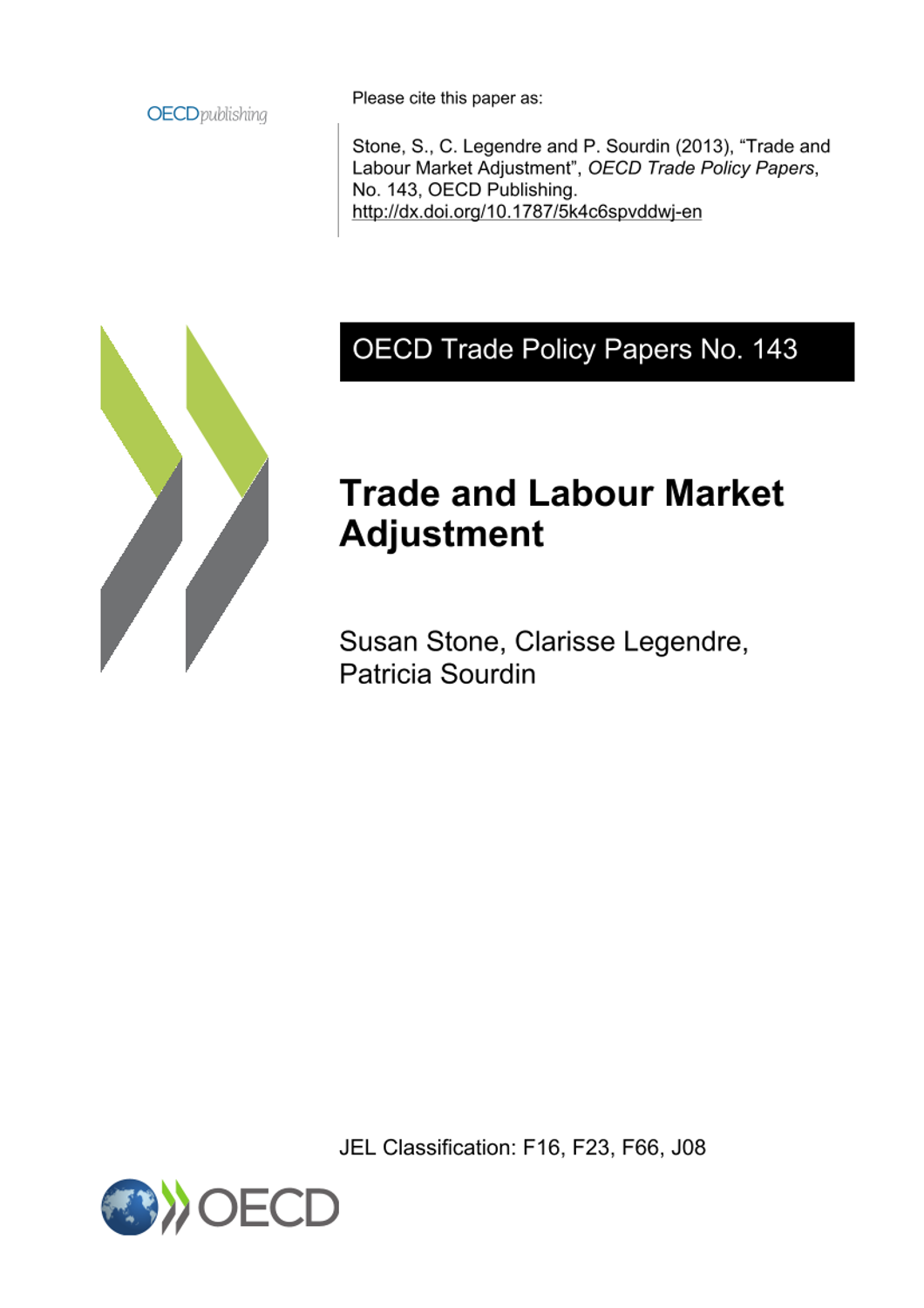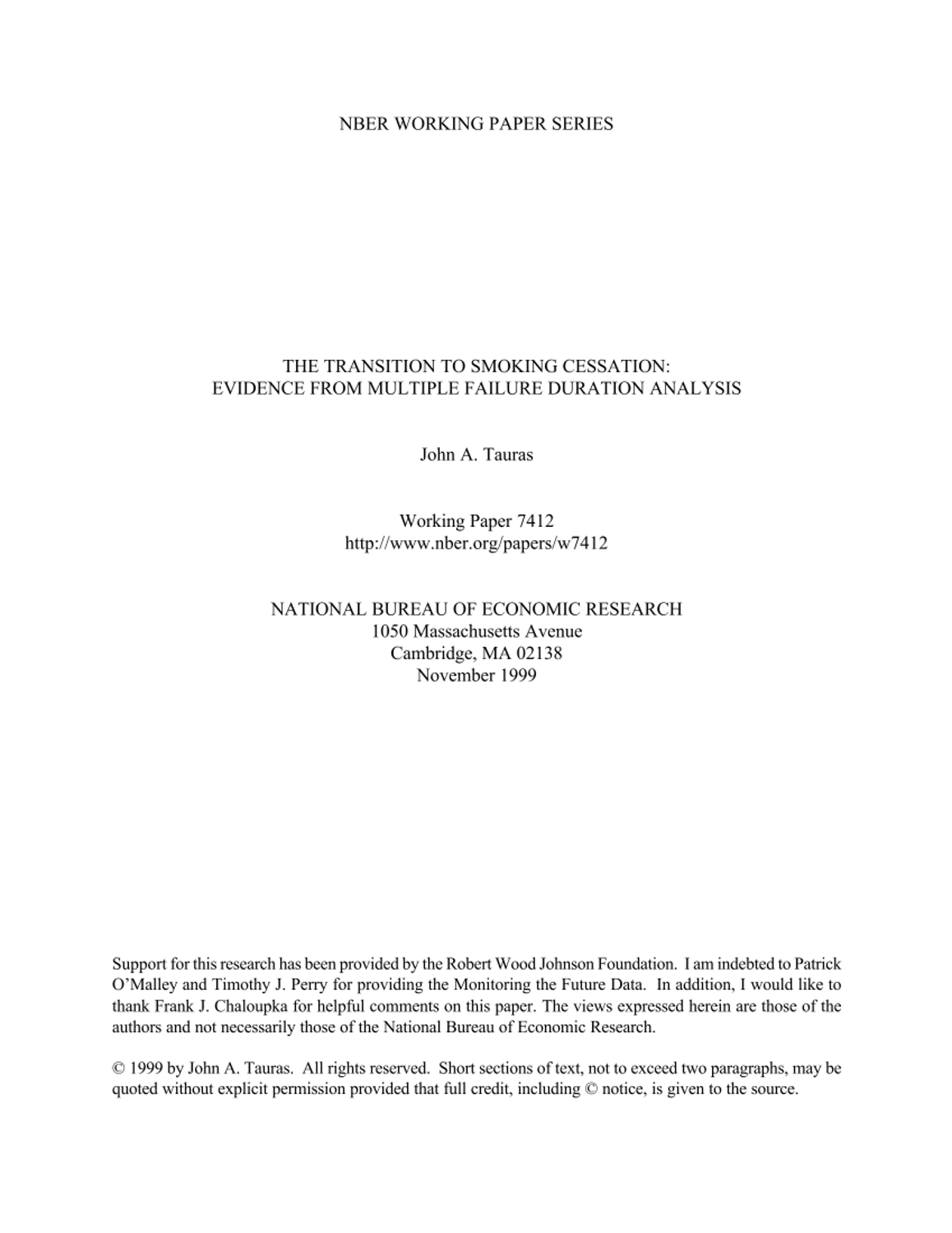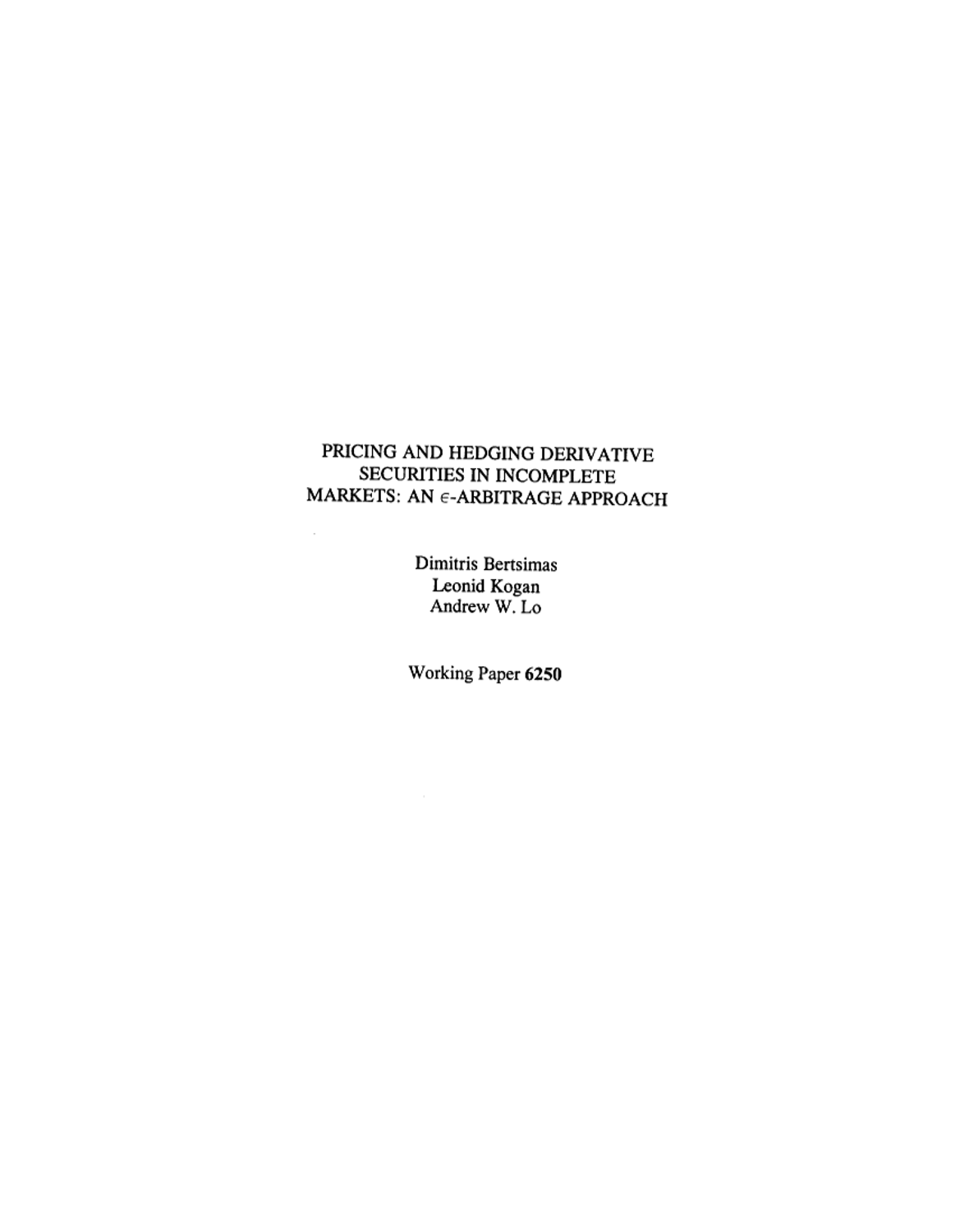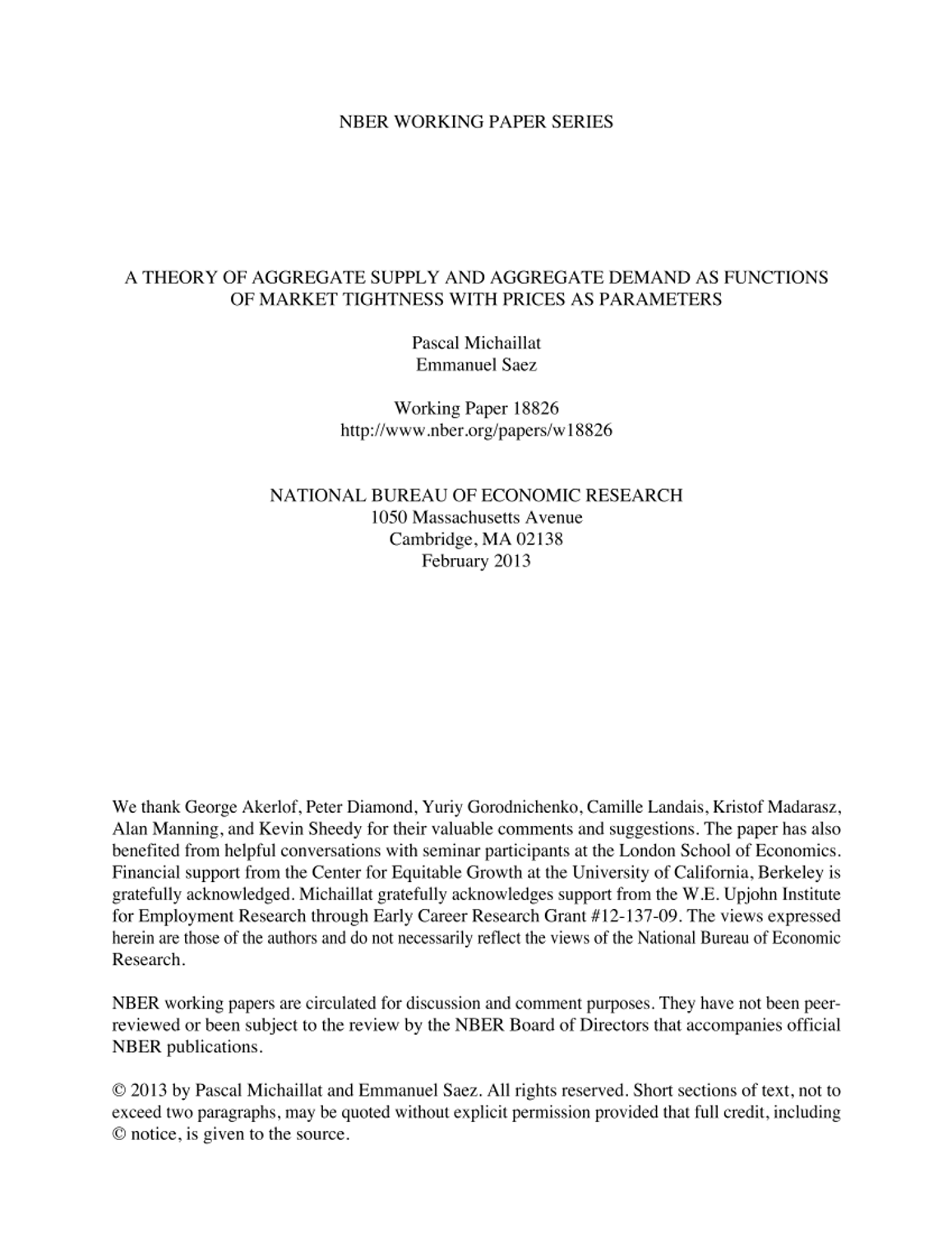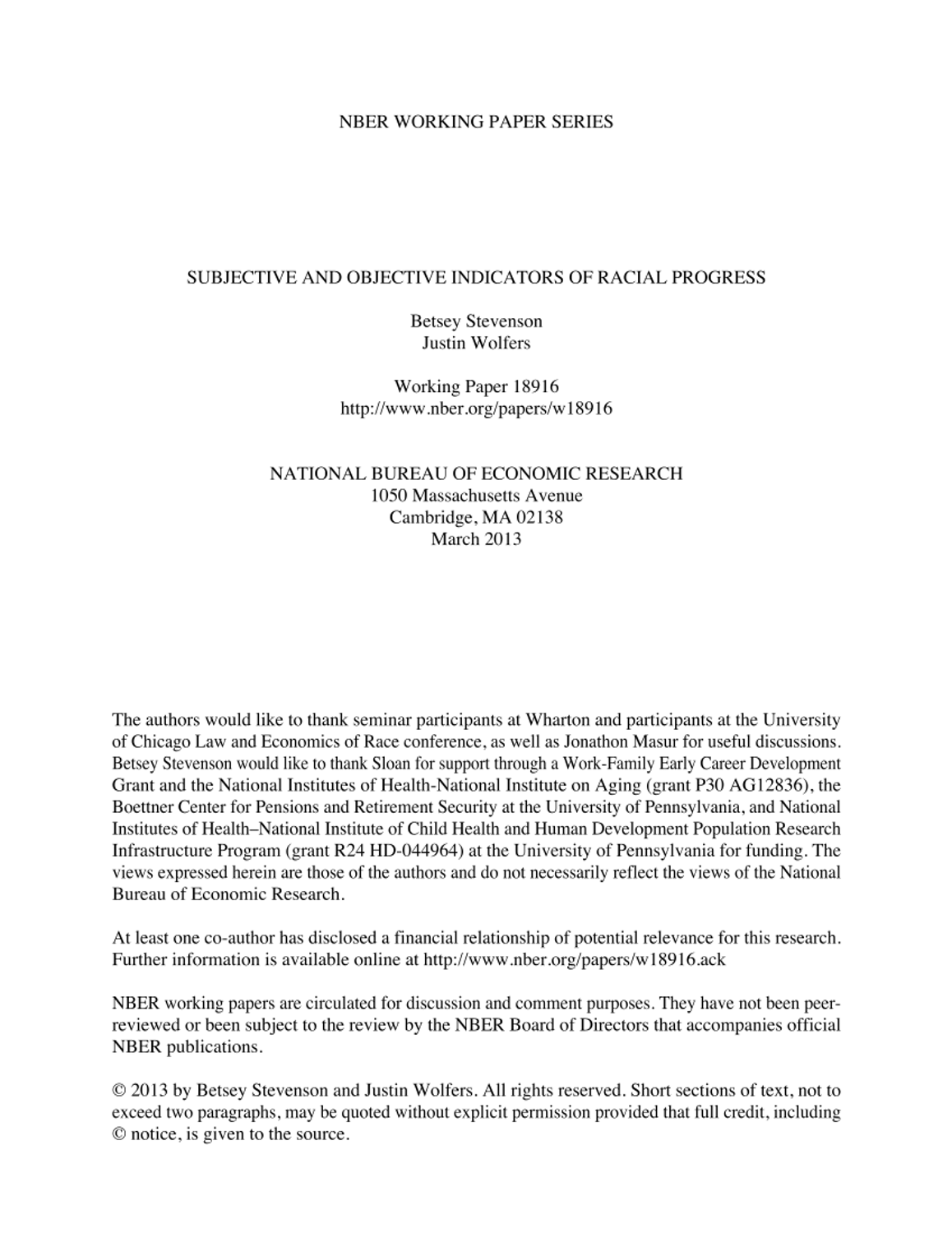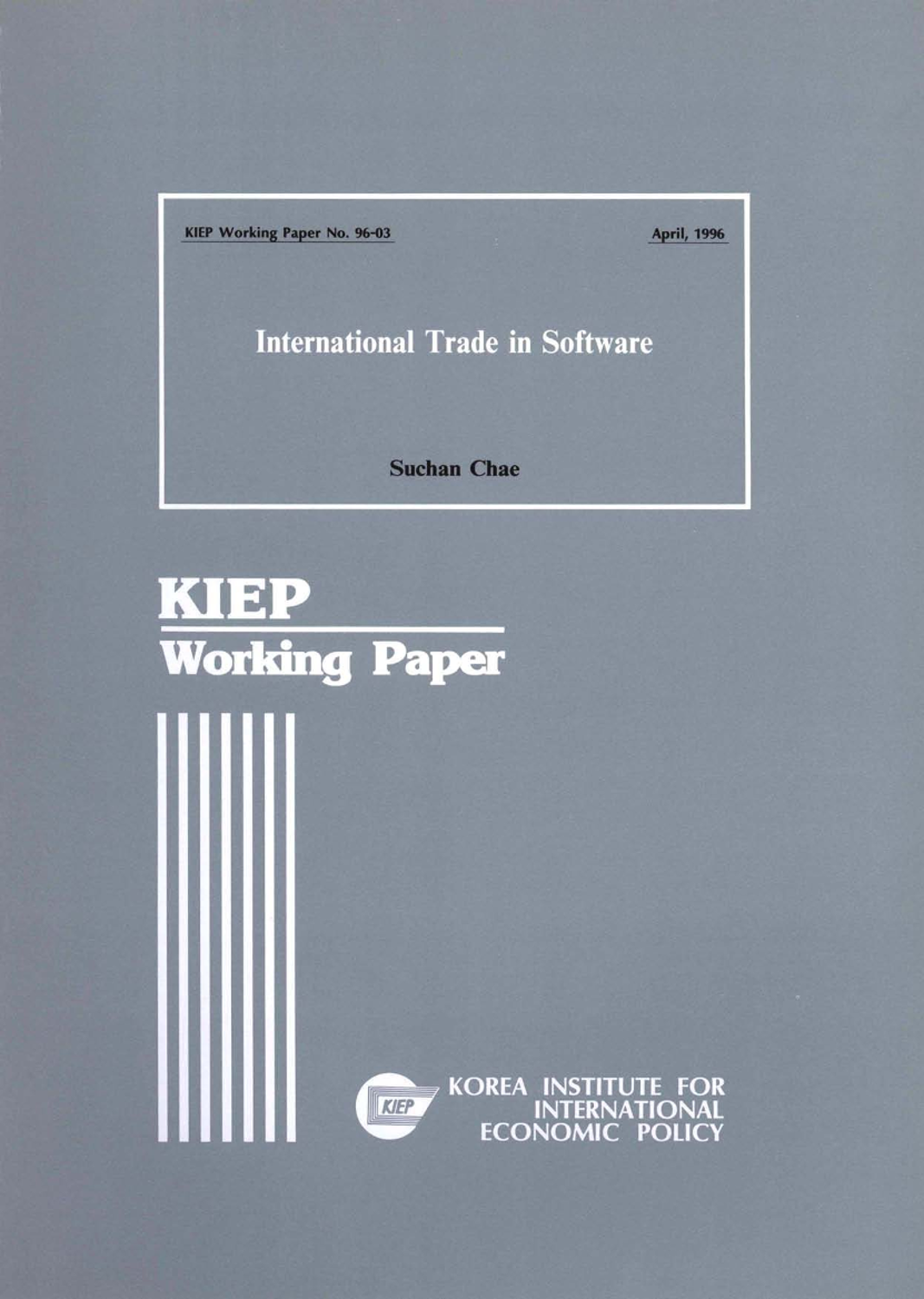연구보고서OECD Trade Policy Papers 143
Trade and labour market adjustment
- 청구기호
- WP 143
- 발행사항
- France : OECD, 2013
- 형태사항
- 57 p. :. PDF file ;. 520 KB
- 바로가기
소장정보
| 위치 | 등록번호 | 청구기호 / 출력 | 상태 | 반납예정일 |
|---|---|---|---|---|
이용 가능 (1) | ||||
| E0001771 | 대출가능 | - | ||
이용 가능 (1)
- 등록번호
- E0001771
- 상태/반납예정일
- 대출가능
- -
- 위치/청구기호(출력)
책 소개
While it is widely accepted that there are adjustment costs associated with the reallocation of resources in response to freer trade, in most models these costs are assumed to be very small. However, more recent evidence is casting doubt on this assumption. This paper develops a unique dataset based on harmonised labour force surveys for six economies, facilitating the comparison of short term labour market impacts from trade across countries. Data are reported at the individual worker level, allowing a comparison of impacts at both the industry and occupation levels. While the results of this empirical analysis at the industry level are very much in line with established research, the results at the occupation level are more varied. Overall, and as expected, impacts are generally larger for occupations than at the industry level. These results are consistent with modern trade theory which posits that an expanding export sector rewards mostly high skilled workers and that some workers may find it more difficult to switch occupations than to switch industries. Outcomes can also be explained in the context of labour market frictions and highlight the important role of labour market policy – as well as trade policy – in structural adjustment. Our results are consistent with sticky sector-specific human capital and information asymmetries, especially with respect to opportunities in different regions within the same country. A wide range of policies can be employed to address these labour market frictions to improve worker mobility and reduce adjustment costs. Further efforts to specify appropriate policies to accompany trade openness is warranted; doing so would go a long way towards improving employment outcomes and generating more inclusive growth.

